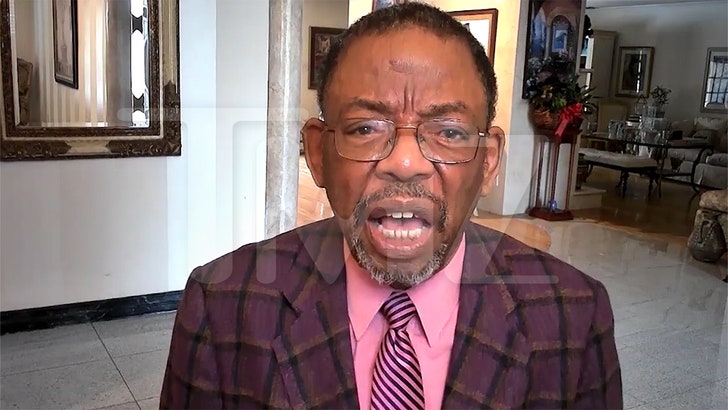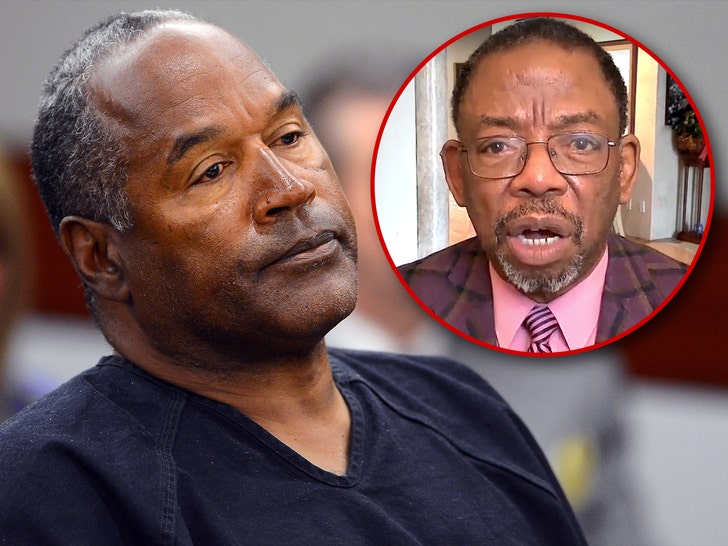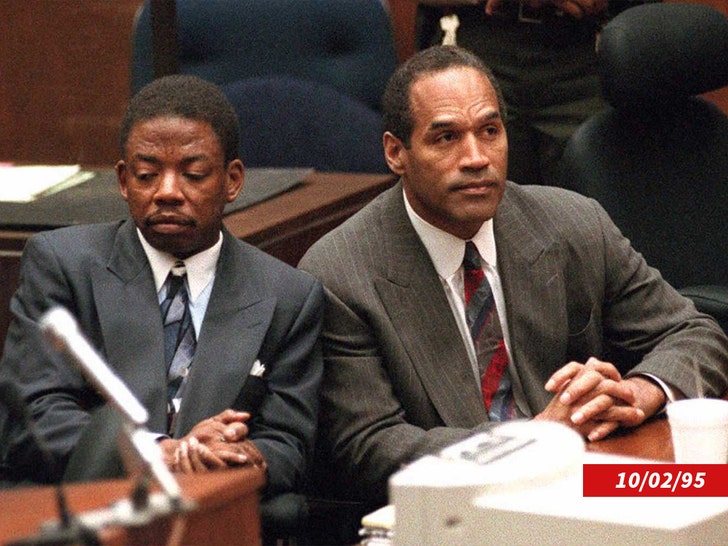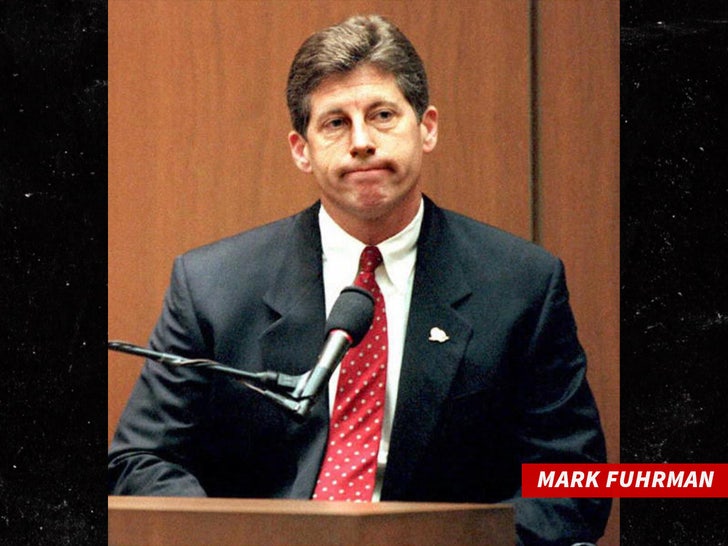O.J. Simpson‘s acquittal in his 1994 murder trial remains one of the most controversial verdicts to date, but a member of his defense — the so-called Dream Team — stands by the strategies they used to get him off.
Perhaps the most controversial of their strategies was playing the “race card” during the trial … a decision attorney Carl Douglas defends, claiming both sides knew race would play a factor in the case.

TMZ.com
He tells TMZ … “The prosecution played the race card as well when they brought on a Black prosecutor (Christopher Darden) for the first time when the jury was all assembled on the first day of trial.”
For those unfamiliar, O.J.’s trial for the murders of his ex-wife Nicole Brown Simpson and Ron Goldman came in the aftermath of the Rodney King beating, at the hands of LAPD officers — so, L.A. was already a powder keg when it came to race relations and police.
Many criticized Simpson’s legal team for leaning into the distrust between the Black community and cops, saying the lawyers only did so to secure a not-guilty verdict for their A-list client.
The fact is, it worked, but Douglas fires back at the notion they were “playing the race card” … and instead says they simply presented the evidence as they had it.
Remember, LAPD detective Mark Fuhrman, who investigated the murders, discovered the infamous bloody glove at the murder scene.
O.J.’s legal team called out Fuhrman’s credibility by resurfacing tapes of the detective making racist comments — and suggested he might have planted the evidence.
Douglas told us, “When you are presented with facts suggesting that a primary detective in the case had a racial animus against Black and Brown suspects, and Black and Brown prisoners, so strongly that he wanted to separate from the police department because he couldn’t control his anger … that had to be an issue that we had to follow and seek to exploit if, in fact, it was true.”
His bottom line is clear … the defense team did nothing different than the prosecutors — simply using evidence to attempt to win the case.
The jury just bought their “evidence” more than what the prosecutors presented, but his point is … they did what all attorneys do in a trial, and he has no regrets about it.


